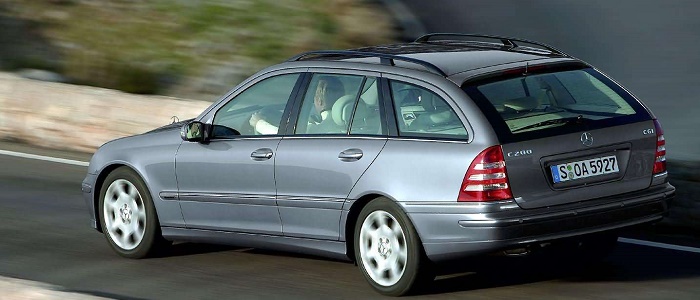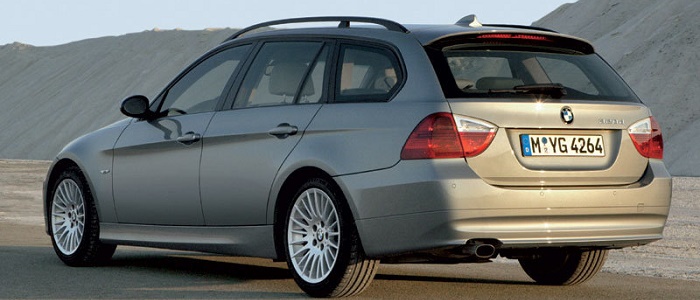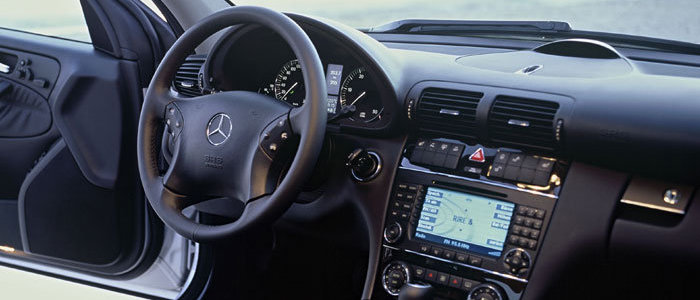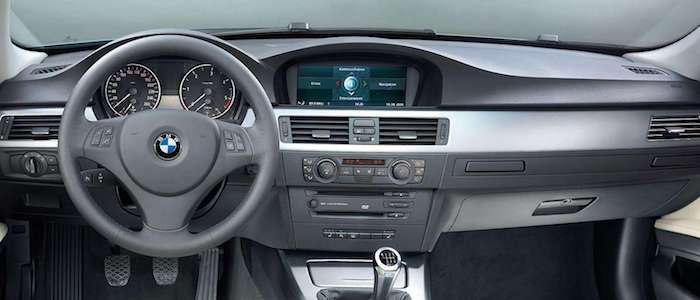Compare two cars
Compare any two cars and get our Virtual Adviser™ opinion
Dimensons & Outlines
Check vehicle history
Engine
Performance (manual gearbox)
Performance (automatic gearbox)
Expenses
Virtual Adviser's™ opinion
Well, these are two pretty similar cars we have here! It's only details that could potentially make the difference. Considering they both belong to the large family car segment and utilize the same 5-door wagon body style and the rear wheel drive system, it all comes up to the specific diesel engine choice they offer. The first one has a Mercedes Benz-engineered powertrain under the hood, a 5-cylinder, 20-valves 231hp unit, while the other one gets its power and torque from a 6-cylinder, 24-valves 231hp engine designed by BMW.
SafetyThe first thing to look into here would be the results from European New Car Assessment Programme (Euro NCAP) tests performed on the two cars. Good thing is that both vehicles got tested, with the same number of safety stars gained in the process. Moving further on, let's take a closer look at some additional safety-related facts. Both vehicles belong to the large family car segment, which is generally a good thing safety-wise, but it doesn't do much to help us decide between the two. Furthermore, when it comes to weight, a factor that most people underestimate, Mercedes Benz C offers a marginal difference of 2% more metal.
ReliabilityManufacturers have been building their reliability reputation for decades now and, generally speaking, it appears that both brands display similar results in faults and breakdowns, when all the models are taken into account. That's the official data, while our visitors describe reliability of Mercedes Benz with an average rating of 4.3, and models under the BMW badge with 4.1 out of 5. Independent research findings rank C as average reliability-wise, and 3 Series is more or less at the same level.Above it all, drivers of cars with the same engine as Mercedes Benz C rank it on average as 5.0 out of 5, exactly the same as the other one.
Performance & Fuel economyBMW is a bit more agile, reaching 100km/h in 0.2 seconds less than its competitor. In addition to that it accelerates all the way to 248 kilometers per hour, 3km/h more than the other car. When it comes to fuel economy the winner has to be 3 Series, averaging around 6.2 liters of fuel per 100 kilometers (46 mpg), in combined cycle. We can't ignore that 27% difference compared to Mercedes Benz C.
Verdict
Mercedes Benz appears just a bit more reliable, although the difference is truly marginal. The most important thing when deciding between any two vehicles should always be safety, both passive and active. In my opinion, everything taken into account, Mercedes Benz C offers slightly better overall protection and takes the lead. From there things take a different direction, with BMW being considerably quicker, thus putting more smile on driver's face. To make things even better, it consumps less fuel! All together, there's not much more to say, in this case I wouldn't even consider anything but BMW. Anyway, that's the most objective conclusion I could've came up with and it's based solely on the information found on this website. Aspects such as design, practicality, brand value and driving experience are there for you to measure them out. Also, you could use the oportunity to find out which car, everything taken into account, would be the perfect choice for you in the eyes of the virtual adviser™, out of 12.000+ vehicles we currently have in our database.
Related articles
I'm unsure whether it's the same taxi driver that hunts me all the time, or there are so many of them operating the C class 200/220 CDI variants. Either way, every time the story goes in the same direction. Usually, it's me thrilled by the comfort of a Mercedes more than 10 years old...


































